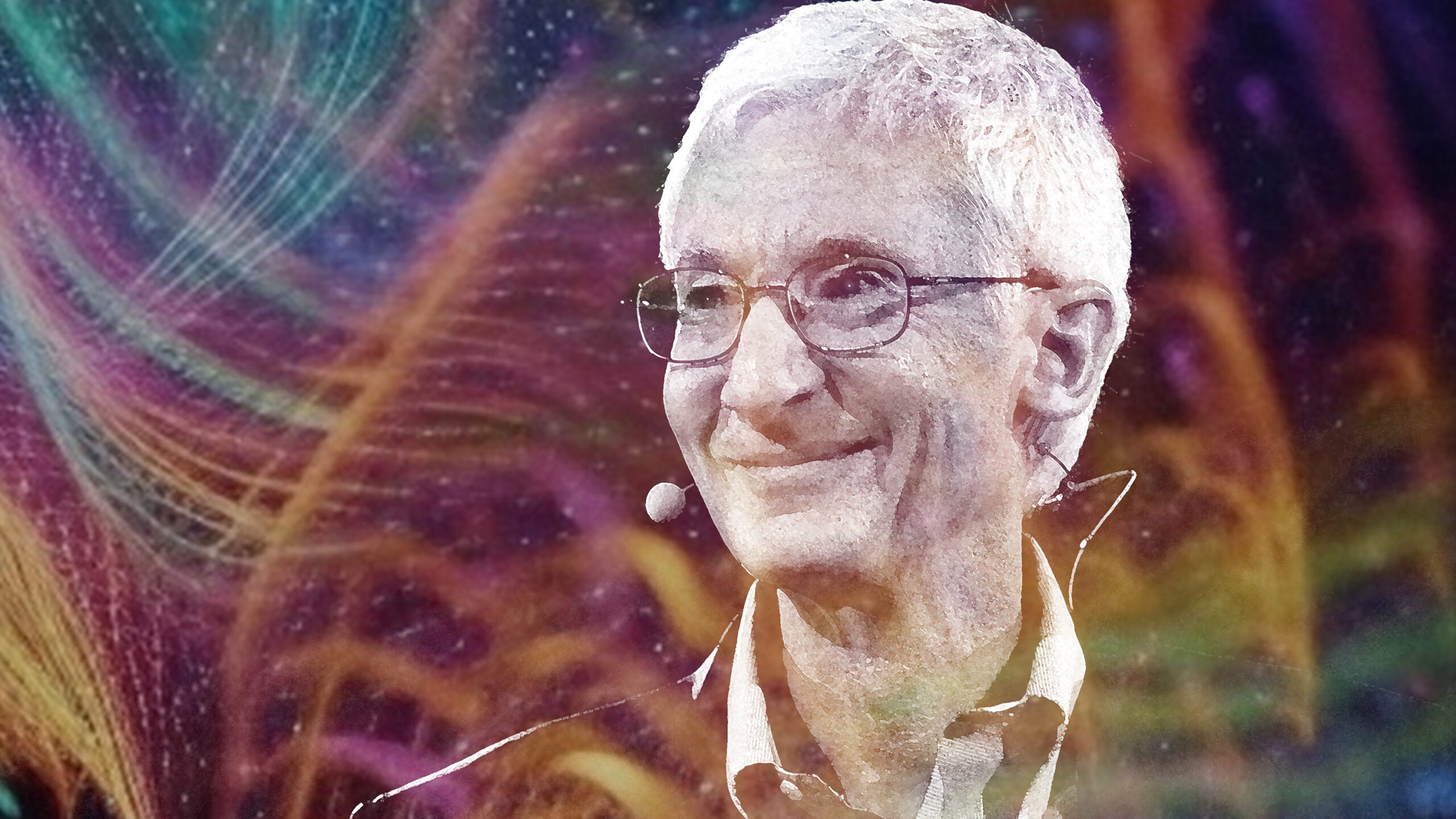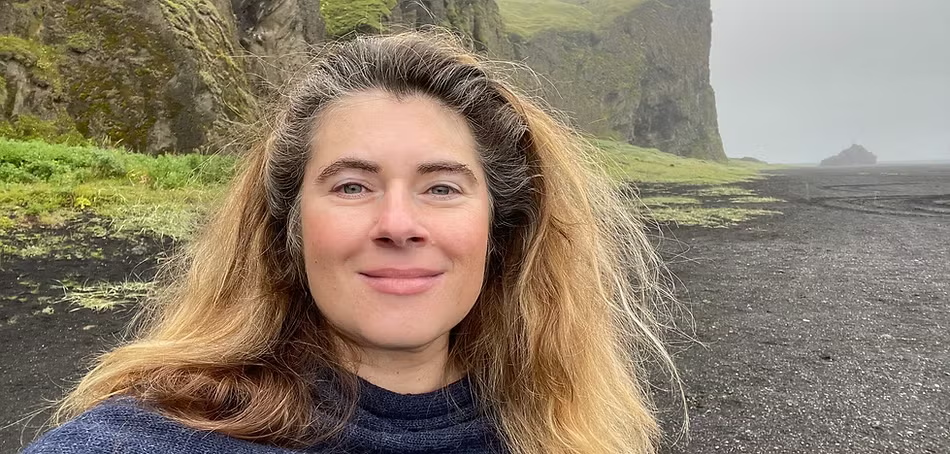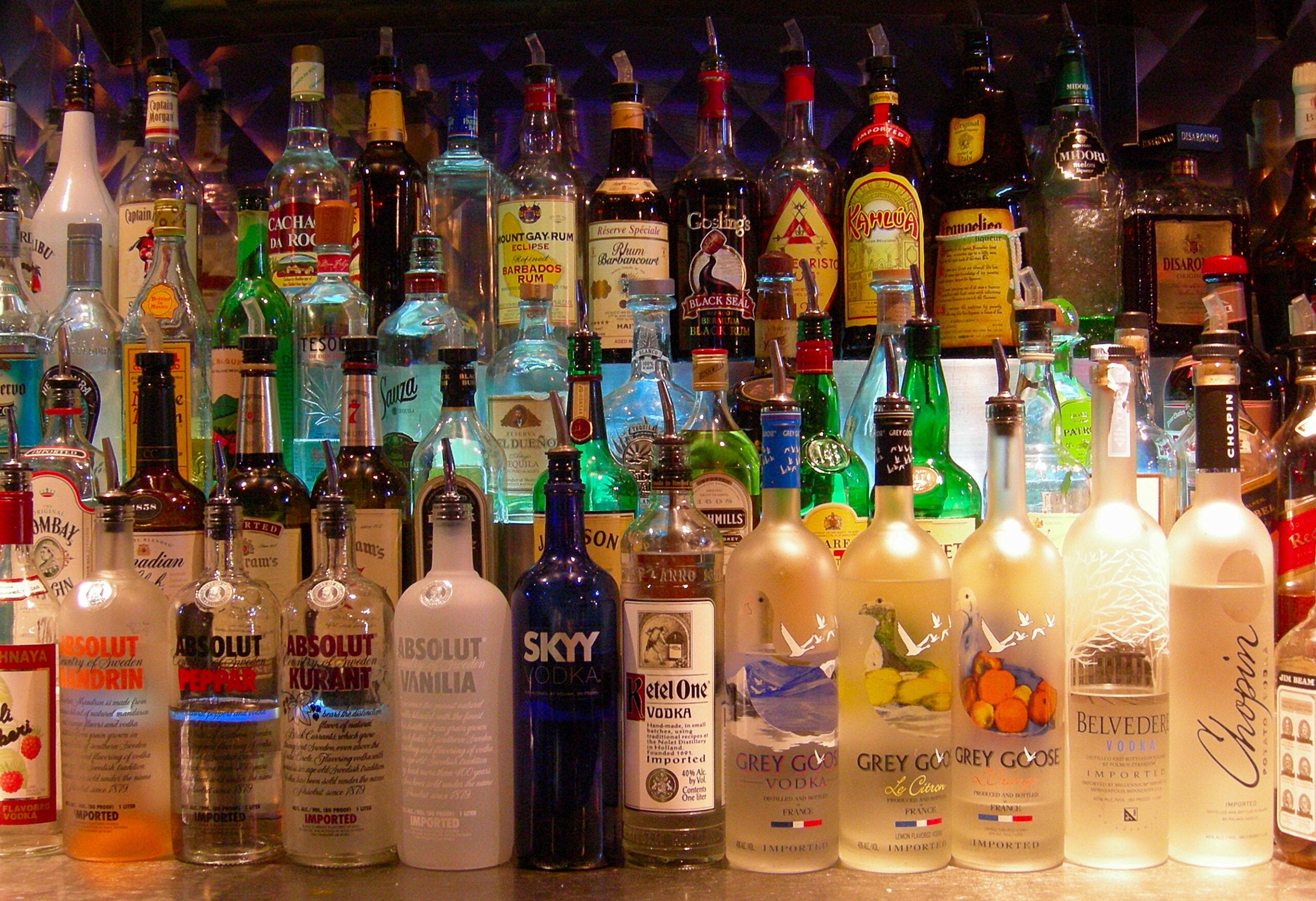Roland Griffiths was arguably the most important psychedelic researcher of our time.
He’s the Johns Hopkins University psychopharmacologist who brought psilocybin — the active ingredient in “magic” mushrooms — back into the field of medical research for the first time in decades (the last legal dose of psilocybin given to an American was in 1977; psychedelics were banned by the 1970 Controlled Substances Act). His clinical trials showed significant therapeutic benefits for treating depression and nicotine addiction with psychedelic drugs, and perhaps most dramatically, a profound reduction in end-of-life anxiety for people with cancer after a single dose of psilocybin.
Griffiths passed away on Oct. 16, 2023. Just a year earlier, Griffiths received his own terminal cancer diagnosis. Remarkably, when I spoke to him in January 2023, he seemed to be at peace. He said his life had been filled with gratitude for the “miracle of existence.”
News with a little more humanity
WPR’s “Wisconsin Today” newsletter keeps you connected to the state you love without feeling overwhelmed. No paywall. No agenda. No corporate filter.
Griffiths conducted his first clinical trial with psilocybin in 1999. At the time, no one could legally research psychedelics in the U.S., but he had an international reputation as an expert on drug addiction. He persuaded his university and various government agencies to allow him to run a clinical trial with psychedelics — specifically, to see if psilocybin could elicit transcendent experiences. In that study, most of the participants reported having mystical experiences, and 14 months later, two-thirds of those people described this as one of the five most meaningful experiences in their lives.
Today, the Center for Psychedelic and Consciousness Research at Johns Hopkins University is the world’s most prominent psychedelic research institution. After spending 25 years studying the therapeutic benefits of psychedelics, Griffiths shifted his attention to how psychedelics might help “healthy normals” — people with no mental illness. As a legacy project, he created an endowed psychedelic research program to “advance understanding of well-being and spirituality in the service of promoting human flourishing for generations to come.”
I first interviewed Griffiths in 2010. We talked a number of times since then, but this interview from January 2023 took us to an entirely different place. It was the first time we talked since his cancer diagnosis — I reached him in the middle of his third round of chemotherapy — and it was the first time he told me about his own experiences with psychedelics.
This interview for “To The Best Of Our Knowledge” has been edited for length and clarity. It’s part of “Luminous,” a TTBOOK series about psychedelics and their future in our lives.
Steve Paulson: I’m so glad we could have this conversation now. How are you feeling?
Roland Griffiths: Well, on one hand, never better — emotionally and spiritually. Medically, not so great. I have this stage four cancer diagnosis that’s been pretty resistant to treatment.
SP: This is a really daunting prognosis. I think most people would be really scared or would just try to forget about the thought of dying. You seem to be in a different place, and I’m wondering how you got there.
RG: I wonder, too. It’s really been quite fascinating because this came about after a routine screening colonoscopy which showed I had a significant colon tumor. In just a few days, it was clear that it was metastatic to liver — meaning that it was stage four.
It was completely out of left field. It just seemed unreal to me. And then very quickly, when the depth of it finally came through, where I wanted to sit with this was in gratitude for the miracle of existence, the miracle of life, the fact that we’re here as sentient, conscious creatures aware that we’re aware.
SP: So you just decided that you wanted to have a more positive attitude, and somehow that happened?
RG: Yeah, but it’s more than an attitude. I now have about 30 years of meditation experience. The diagnosis was a phase shift. Whatever degree of awakeness I had previously was just ramped way higher. It’s leaning in to the present moment with the gratitude and the wonder and the curiosity of what we’re doing here.
SP: Until very recently, you have not wanted to talk publicly about your own psychedelic experiences — for understandable reasons. The whole field of psychedelic research has struggled for legitimacy, and you have been the most visible scientist in the field over at least the last two decades. But since your cancer diagnosis, you have started to talk about your own experiences. Have you had any psychedelic experiences since your diagnosis?
RG: Let me start from the beginning.
I had a few uneventful psychedelic experiences as a college student. They weren’t meaningful, and frankly, I’d largely forgotten about them.
After I initiated a meditation practice, I got really curious about the nature of inner experience, and that was the motivation for starting this psychedelic work. That work became astonishing to me because people did have these incredible experiences to which they attributed deep meaning and spiritual significance.
But I did not reengage personally with psychedelics until at least 10 years after we initiated those studies.
SP: So you had been seeing the profound impact on all these people, and yet you didn’t want to try this again yourself for 10 years?
RG: Yeah. There’s such a prohibition against psychedelic use that I thought it would undermine my credibility as an investigator if I became a psychedelic proponent. But eventually, curiosity got the better of me.
So I have subsequently had not a lot, but some experiences with different compounds. It has dovetailed in a very interesting way with what I’ve learned from meditation. My own sense is that meditation is the tried-and-true way to investigate the nature of mind, and (taking) psychedelics is, in some respects, meditation on steroids.
So, I did have a significant experience after my diagnosis. It was with LSD, and I went into it as an opportunity to dialog with the cancer.
SP: So you asked your cancer questions during your LSD journey?
RG: I did. And I did this repeatedly over the course of almost 12 hours. I repeatedly returned to the two major questions.
One is, what’s going on here? Do I have to die? And the answer was, “Yeah, this is the way it’s supposed to be.”
And then I asked, how am I supposed to be with this? Am I doing what I should be doing? And the answer came back, “Yes, you’re doing exactly what you should be doing. There’s something you have to say about this.” And that felt good to me.
So then I decided I’d negotiate. I said, “Well, so how about giving me more time? How about how several years?” And I got no answer.
SP: You said you were dialoguing with an entity. Do you think there was some intelligence you were communicating with, or was it some deeper part of yourself? Who do you think you were talking to?
RG: I would default to thinking that’s my own internal wisdom coming up. Granted, that’s my own worldview perspective based on the fact that I’m trained as a scientist.
But what I do feel very strongly is that we’re living within a mystery that far outstrips our science and our ability to understand what’s going on.
I believe in the scientific method, but that certainly doesn’t address the nature of consciousness. So we are in this mystery. And I find that to be enthralling.
For some people, that mystery is synonymous with ultimate reality, and some people might call it God. I have no idea if that’s right. But I do have a great curiosity and a great reverence for the nature of the mystery.
SP: You have said that, remarkably, you have discovered the preciousness of life — and in some ways, you’ve never been happier. I don’t want to be too morbid, but do you think about how you’d like to die?
RG: Yeah. Yeah, a lot. I don’t have a firm vision of that.
SP: You’re not going to do the Aldous Huxley thing of taking a big hit of LSD at the moment of your dying?
RG: Actually, someone just gave me Laura Huxley’s book, where she has a very clear account of that.
So when we worked with terminal cancer patients, I would always ask them — and I spent hours with them — what do you think happens when we die? Some came out with accounts of afterlife, and they’re going to go see their mother and their grandparents and it’s going to be beautiful. Some would say they believe in reincarnation, and then others would say nothing happens — lights out, computers unplugged.
And I would ask them, well, what’s the probability that that’s true? What percentage would you put on that? And they said, “Oh, 95 percent.” And I would think, if you give me 5 percent — you know, people bet on the lottery at odds of one in 200 million — if you give me 5 percent, you should be really interested in what happens when you die.
I put the probability of afterlife and continuity of consciousness to be a diminishingly small probability, but it’s not a zero probability because we are in this mystery.
And that’s all I need. I don’t even need one in 200 million. I’ll take one in 10 billion. But to be interested in that process of what it is, because no one knows. And there’s a funny sense I have, actually, that curiosity makes the whole process of dying to be one of interest.







